Therapeutic Options for Young Adults: when things don’t go as planned
By Rebecca Grappo, M.Ed., Certified Educational Planner and founder of RNG International Educational Consultants, LLC
When most students think about college, they envision a future filled with the excitement of a newfound independence, fun peers, interesting classes that will prepare them for their futures, or maybe even adventures in faraway lands during study abroad.
Failure is never a part of the vision.
Still, every year we see students who struggle to find success at college. Luckily, we have identified common risk factors that can be used to predict possible failure. Understanding these risk factor is crucial because, with a bit of advance preparation, we can help students avoid typical pitfalls of college life. And if our students do trip and fall, understanding that the root of the difficulty can help us guide them to an appropriate support system. Students, parents, and educators alike should take heart knowing that there are some great support systems that can help students to pick themselves up.
Learning differences and attentional issues
Students with learning differences and/or attentional issues are not necessarily at risk. But students who fail to acknowledge, embrace, and articulate their needs may put themselves at risk. Students need to 1) have up-to-date evaluations for their learning styles, 2) present these assessments to the Office of Disability Services, and 3) learn to advocate for themselves.
A student who successfully advocates for himself usually finds success in college. Common supports around include time management skills, organizational skills, study skills, and extra help in problem subject areas. Students may also receive other accommodations such as extra time or note-taking help. If a student in using medication, they will take responsibility for following doctor’s instructions for proper use, and check in periodically with their prescribing physician or psychiatrist to be sure that everything is on track.
Mental health challenges
Two of the most common mental health issues today are depression and anxiety. Properly treated with therapy, counseling, and/or medication, students can still get to class and perform to their academic potential. However, left untreated or undiagnosed, these students can be at risk for academic failure.
In my practice, I see many students who have struggled with an anxiety disorder that may paralyze them in an academic and/or social setting. Some may find it impossible to get to class because of panic attacks or depression. We often see students who find it hard to get up in the morning and get to class, or who lack the energy or motivation to get through the day. Instead of support, these students might find criticism from those who exclaim again and again that the student is so smart that they should be able to figure out how to be successful in college. “She’s smart but unmotivated,” should be the beginning of a conversation, not the end of one.
Substance use
Disguised under the term “partying,” drug and alcohol use are often the social currency used to find new friends in many university settings. Many students are able to engage socially using moderate amounts of substances, but it’s a slippery slope. Tragically, it’s not uncommon to see students who get sucked into the “party” scene to the point where it starts to have a significant impact on their lives, academically, socially, and/or emotionally. Still other students retreat to their rooms where they isolate themselves, become reclusive and use drugs alone (video game addiction is not uncommon here either). Both scenarios are unhealthy and can spell disaster for the college student.
So what kind of help is out there?
For those who are just starting to struggle, the university counseling center would be the place to start. These students might be able to start counseling sessions as part of student health services, and then get a referral to a mental health professional in the community. I once had a parent tell me that her very high performing daughter, attending one of the most prestigious universities in the country, suffered a panic attack while the mother was visiting. The mother accompanied her daughter to the student counseling center where, to her shock and dismay, the waiting room was overflowing. Sadly, overcrowded and understaffed counseling centers are common at even the “best” schools.
If you or someone you know has become significantly impacted by mental health challenges, it’s important to work with student health services to avoid academic probation. Often, the courseload can be reduced or a medical leave of absence can be granted before academic catastrophe ensues. Academic failure is not only emotionally devastating to the student, but is also one way a student can lose further financial aid eligibility. It’s important to take this seriously before it reaches the crisis point.
But if the situation deteriorates, often signaled by academic probation or even dismissal, there are some excellent therapeutic programs available to help students get their lives on track again. Here is a quick overview.
Outdoor therapeutic or wilderness programs
These programs are now available for more and more students who are over eighteen. These programs are for the very students we have just considered – smart and capable enough to get into college, but derailed once they get there. A wilderness program focuses on the great outdoors as the therapist’s “office”. These programs leave behind technology, peers, difficult family relationships, and give students a chance to reflect on their lives and problems away from the pressures that were getting them off course.
Each program has a slightly different approach. Some offer a base camp model coupled with adventurous expeditions, some offer therapy in a horticulturally-based milieu, and some offer expeditions away from a base camp. All programs are located in some of the world’s most stunning locations where the natural beauty alone can be therapeutic.
In an outdoor program, the young adult has the chance to reflect on the issues that have been holding them back and work with professional therapists and positive peer influence to affect change in their lives. Participants receive both individual and group therapy. Almost every student I have ever known who has done a wilderness therapy program has said that it has profoundly impacted his or her life in countless positive ways. Parents, too, find that their son’s or daughter’s experiences are transformative.
Young adult therapeutic communities
Some young adults find success in a community of other peers where they can find mutual support. Often they return to a local college or community college setting to take classes, perform community service, intern, and learn independent living skills. They also typically receive therapeutic support with both group and individual therapy. This type of program is especially helpful for those who need a sense of community to avoid relapse into depression, anxiety, substance use, or other issues. These programs can last from 90 days to one year. In addition to a strong foundation of therapeutic support and life skills, many young adults find that it’s much easier to maintain their progress when they have mutual support from their new friends. Not surprisingly, many young adults love knowing that they are an important part of the recovery of their peers.
Young adult communities for more serious mental health issues
For young adults whose daily lives continue to be significantly impacted by mental health issues, a more structured and supportive setting might be warranted. There are many such programs for young adults with significant psychiatric needs. They may need more clinically sophisticated and intensive treatment tailored to the needs of young adults. Fortunately, such programs exist, including many with non-profit status in order to try to fill an important need even when financial resources are not sufficient to cover all costs.
Detox and rehabilitation centers
For young adults with addiction issues, it might be necessary to first undergo detox in a licensed facility using a medical model. Many others with substance abuse problems do a shorter-term rehab program in specialized centers or perhaps as part of a hospital setting. (Many professionals feel the 30-day rehab model is defined by insurance companies that will pay for 30 days, but not all the disorders that lead to addiction can necessarily be treated fully in just 30 days. Thus the recommendation might be for a different delivery model of treatment.)
Wellness dorms and sober living options
Many universities have “wellness dorms” where there is a greater emphasis on health and wellness. Sometimes “wellness” is code for “sober dorms,” but not always, so be sure to ask more questions before committing. There are also typically sober living options in and around various university communities that are designed to support students committed to sobriety. These students often find a sense of community with like-minded peers, as well as a plethora of social activities that do not involve drugs or alcohol.
Who can help to navigate these issues?
Figuring out what to do when a young adult is struggling is often confusing and overwhelming. Relying on the mental health providers who know the client, such as psychologists and psychiatrists, is a starting point.
Educational consultants who specialize in working with therapeutic placements can also be invaluable when navigating these options. Educational consultants travel extensively to see young adult programs, hospitals, wilderness programs, and college support programs, across the country. Consultants also have excellent connections with individual therapists who specialize in treating various psychological challenges. The most effective approach of all is when treatment providers, educational consultants, the young adult, and the family work together as a team to find options and solutions.
It’s always sad to see mental health or substance use issues derail young people when they should be in the prime of their lives and enjoying the college experience. But college is not always the experience promised in the glossy view books of students reading on a fall day under a scarlet tree. Reality can sometimes get messy. The good news is that today options to get a student on the road to recovery have never been more plentiful. Please contact us to learn more!













